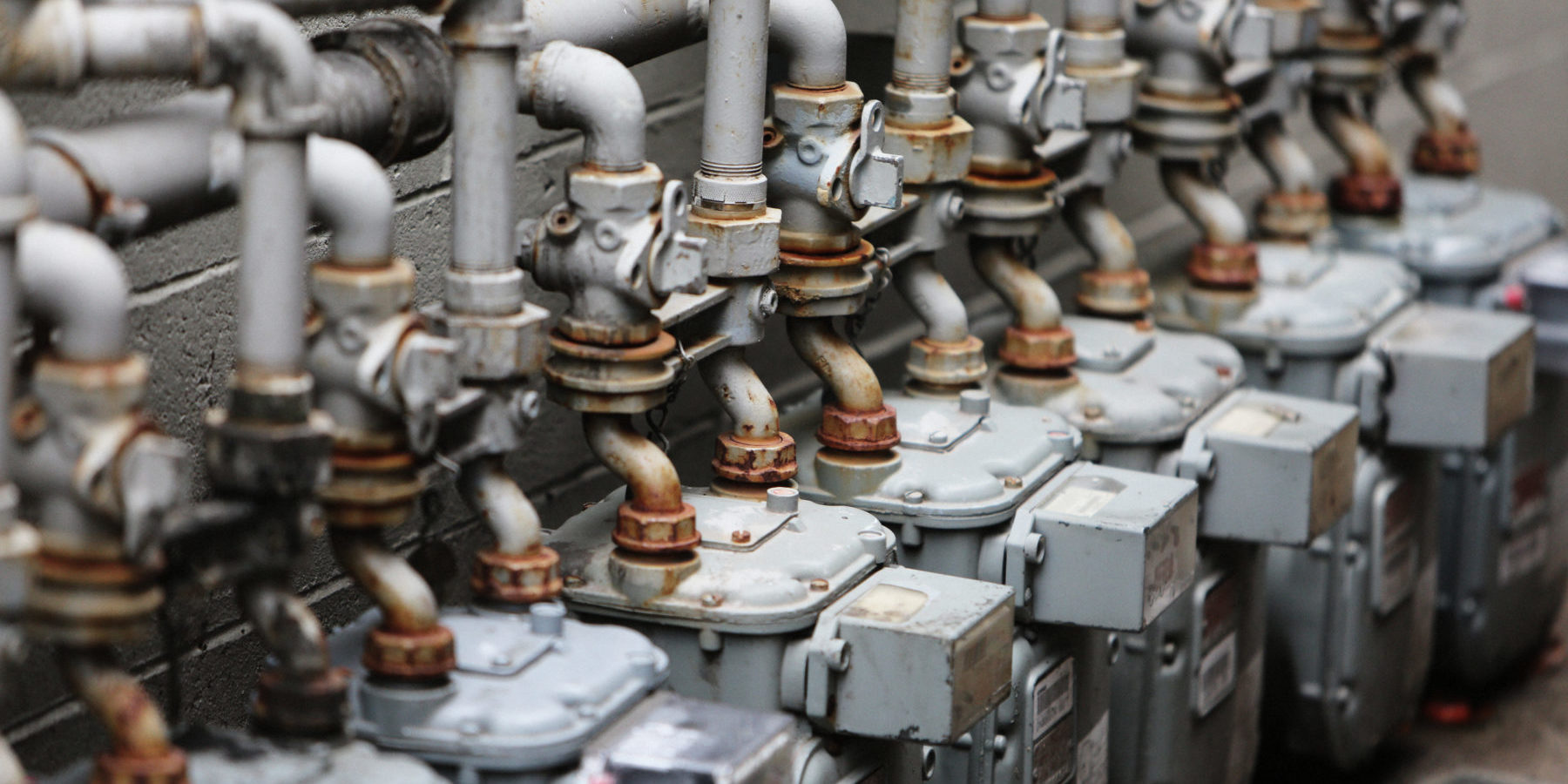People of color are disproportionately burdened by unaffordable utility service. Nationally, Black and Latinx households spend a greater percentage of their income on energy costs than white households. The percentage of household income spent on energy costs is known as an energy burden. For years, Pennsylvania permitted unaffordable energy burdens of up to 17% of household income. In Philadelphia, this burden fell hard on people of color. Among racial and ethnic groups, Latinx and Black households have the highest poverty rates in Philadelphia, 37.9% and 30.8% respectively.
Recently, the Pennsylvania Public Utility Commission did something that Community Legal Services (CLS) and other consumer advocates have been encouraging them to do for years. In November, the Commission adopted a new affordability policy that will result in lower energy bills for hundreds of thousands of low income energy consumers in Pennsylvania. This policy change will save lives. CLS fights for utility affordability because it is human rights and racial justice issue.
CLS is the only legal services organization in Pennsylvania that provides high volume legal services to individual low-income residential utility consumers while advocating for policy reform. Last fiscal year we represented nearly 800 Philadelphia energy consumers in legal matters related to water and home energy services. The majority of our clients are low-income Black and Latinx people. When our clients are unable to afford their utility bills, they fall behind on payments and their service is shut off. Loss of utility service can have devastating consequences for our clients, including threats to health and safety, loss of housing, and the intervention of child protective services if there are minor children in the home. The loss of utility service robs individuals of their dignity and sense of security as families are displaced or forced to remain in their homes without access to heat and light.
Under the Commission’s new affordability policy, the energy burden will be capped at 10% of total household income for most low-income households and 6% for Pennsylvania households with the lowest household income, a stark contrast from the previous 17%.
Everyone deserves to live in a home with working, affordable utility service. Home energy and utility services are essential aspects of safe and healthy homes. Affordable utility service is more than a legal or advocacy concern. It is a matter of stability and security within a home. Many low-income families have to choose which bills they can afford to pay and often forego other essential needs, such as food or medicine, in order to free up resources to pay utility bills. The majority of these families are Black, Latinx and other people of color who make up nearly 80% of the low-income households in Philadelphia. Four hundred thousand Philadelphians lived below the poverty line in 2017; more than half of those households were living in deep poverty, meaning their household income was less than half of the federal poverty level. Many of these individuals are reliant on their energy services to maintain their health. Insulin needs to be refrigerated and breathing machines and other medical devices require power to function. Families are safer and more sanitary with heat and hot water in their homes.
Affordable utility service should not be a luxury. Utilities in a home directly affect families and their most basic physiological and psychological need to reside in an adequate shelter. The Commission has taken an important step in recognizing the need for affordable utility service in Pennsylvania. The Commission’s new affordability policy is a win for low-income communities of color in Philadelphia and throughout the state who have suffered disproportionately from the burden of unaffordable utility service.






